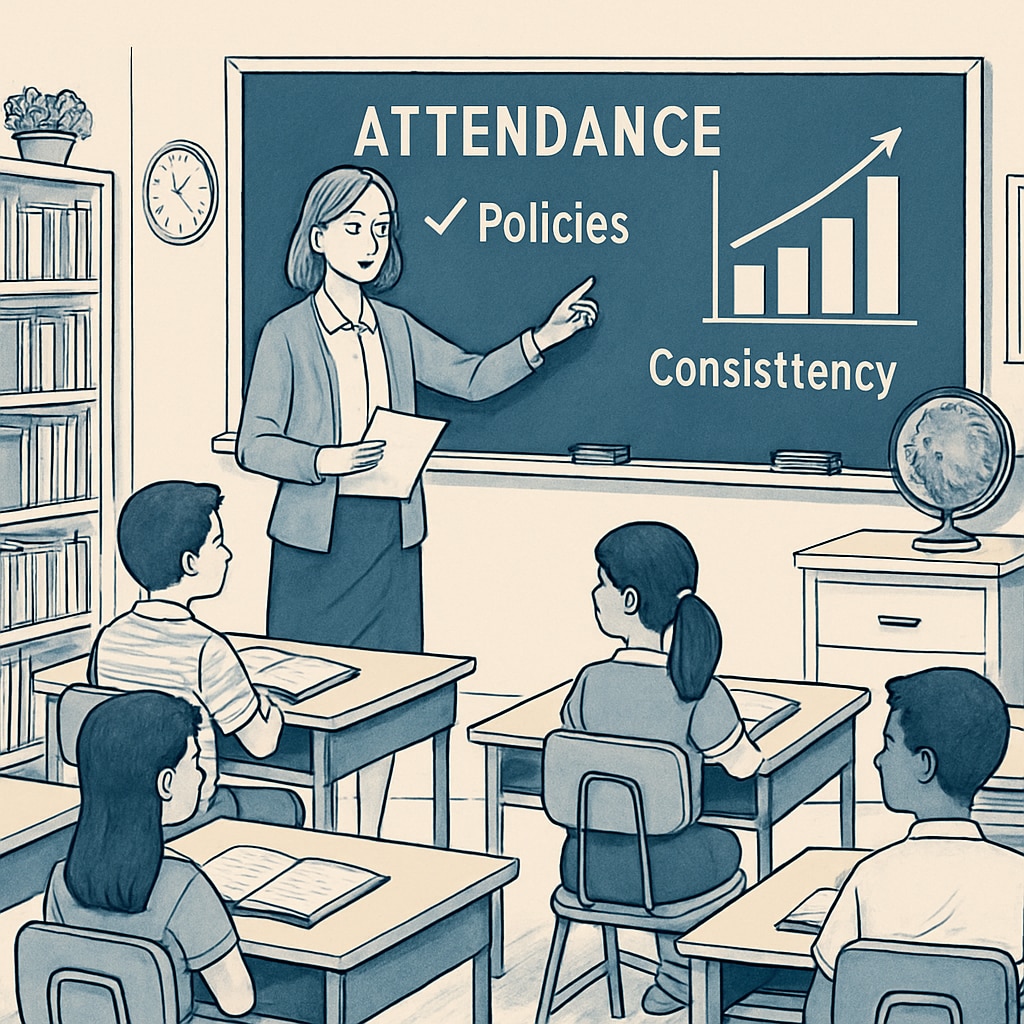Strict school attendance policies have become a contentious issue in K12 education, often sparking debates over the balance between institutional oversight and parental autonomy. While schools implement such rules to ensure consistent learning and deter truancy, parents sometimes feel their rights and unique family circumstances are overlooked. Additionally, the involvement of religious institutions in public education raises questions about the limits of external influence. This article examines these dynamics and considers how stakeholders can navigate this complex terrain.
The Purpose and Challenges of Attendance Policies
Attendance policies are designed to promote educational consistency and accountability. Regular school attendance is strongly correlated with academic success, as students who miss fewer days are more likely to achieve higher grades and develop positive habits for future responsibilities. Schools also rely on attendance to secure funding and maintain compliance with state education laws.
However, overly rigid attendance policies can create unintended consequences. For example, families with unique needs—such as medical conditions, cultural observances, or travel opportunities—may find themselves penalized despite valid reasons for absences. In some cases, parents face legal repercussions for their child’s missed days, escalating tension between schools and families. This raises the question: where should the line be drawn between enforcing rules and accommodating individual circumstances?

Parental Autonomy vs. School Oversight
Parents often feel that strict attendance policies infringe on their ability to make decisions in their child’s best interest. For instance, a family might prioritize a once-in-a-lifetime educational trip or time spent with relatives abroad, believing these experiences offer valuable learning opportunities outside the classroom. Yet, under certain policies, such absences might be labeled “unexcused,” resulting in penalties for both the student and their parents.
On the other hand, schools argue that allowing too many exceptions undermines their ability to enforce rules fairly and consistently. They also contend that frequent absences disrupt classroom dynamics and place additional burdens on educators who must help absent students catch up. Balancing these competing interests requires nuanced approaches and open communication between schools and families.
The Role of Religious Institutions in Attendance Policies
Another layer of complexity arises when religious institutions become involved in education. In some cases, faith-based organizations advocate for exemptions from attendance rules to accommodate religious observances or practices. While such requests are often rooted in genuine beliefs, they can spark debates about the separation of church and state in public education.
For example, a school district might face pressure to adjust its calendar to align with a specific community’s religious holidays. This raises questions about fairness and inclusivity, as accommodating one group could inadvertently exclude others. Striking a balance between respecting diverse beliefs and maintaining a neutral public education system is an ongoing challenge.

Finding Common Ground
To address these conflicts, schools, parents, and policymakers must work collaboratively. Below are some potential strategies:
- Flexible Policies: Implementing attendance rules that allow for legitimate exceptions, such as medical needs or cultural observances, can reduce tension.
- Clear Communication: Schools should clearly explain their policies and the rationale behind them, while parents should proactively share their concerns or unique circumstances.
- Mediation Programs: Establishing a neutral platform for conflict resolution can help schools and families find mutually acceptable solutions.
- Inclusive Calendars: Considering diverse cultural and religious needs when designing academic calendars can prevent future disagreements.
Ultimately, achieving harmony requires recognizing that both schools and parents share a common goal: the best interests of the child.
Conclusion: Striking the Right Balance
The debate over strict school attendance policies highlights the need for balance. While schools have a duty to promote accountability and prevent truancy, parents should retain the autonomy to make decisions that align with their family’s values and needs. By fostering open dialogue and mutual understanding, stakeholders can work towards policies that support both academic success and personal development.
In addition, the role of religious institutions in shaping attendance policies must be carefully considered to ensure that public education remains inclusive and equitable. As education systems evolve, finding common ground will remain essential for fostering trust and collaboration among all parties involved.
Readability guidance: This article uses short paragraphs, clear transitions, and lists to summarize key points. Sentence length and passive voice are controlled to ensure accessibility and readability.


